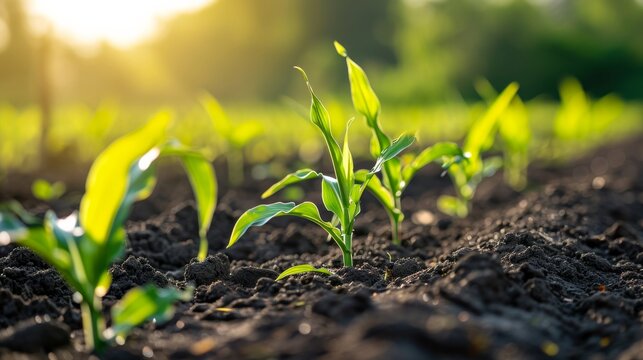
UPCAFSYS 2025
SUSTAINABLE FARMING FUTURES
UNLOCKING THE POTENTIAL OF CIRCULAR AGRI-FOOD SYSTEMS FOR FARMERS
28th & 29th January 2025
Sponsored By

Scheme for Promotion of Academic and Research Collaboration Ministry of Education, Government of India
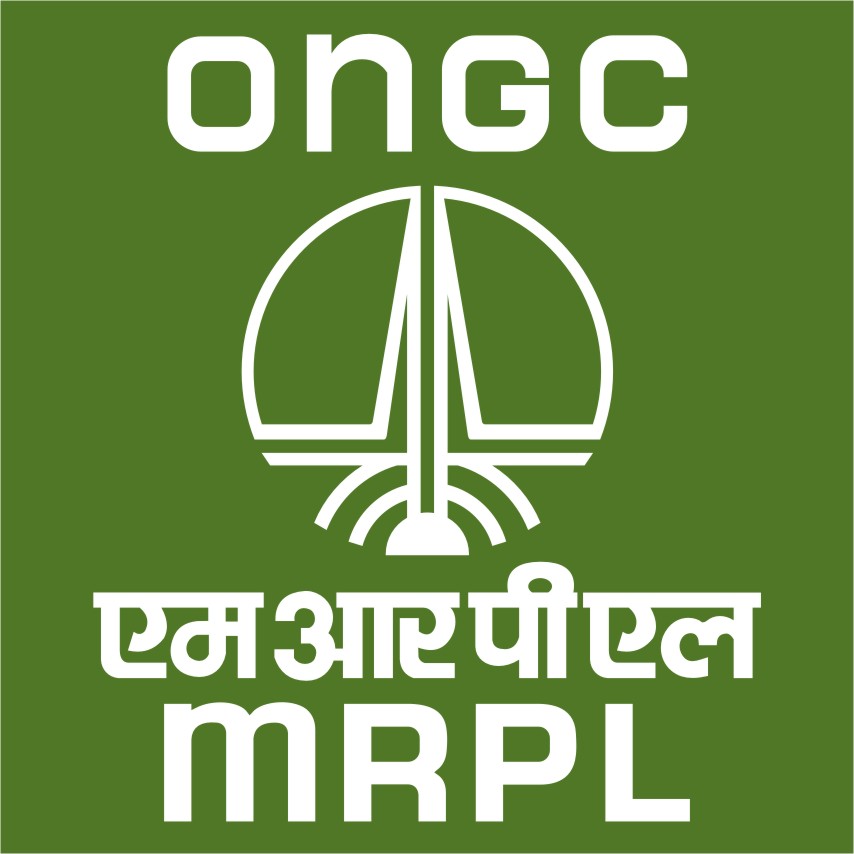
Mangalore Refinery and Petrochemicals Limited

Mangalore Chemicals and Fertilizers Limited
In collaboration with
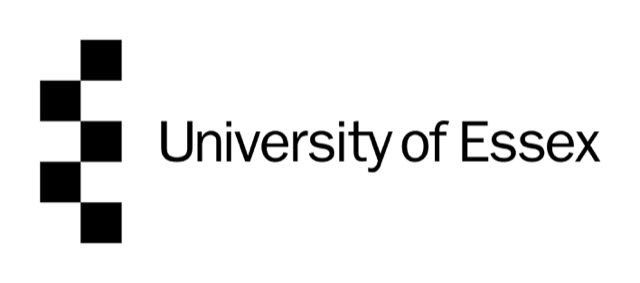
University of Essex
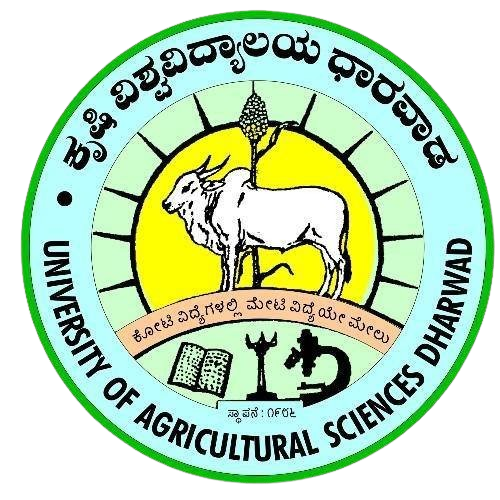
University of Agricultural Sciences Dharwad
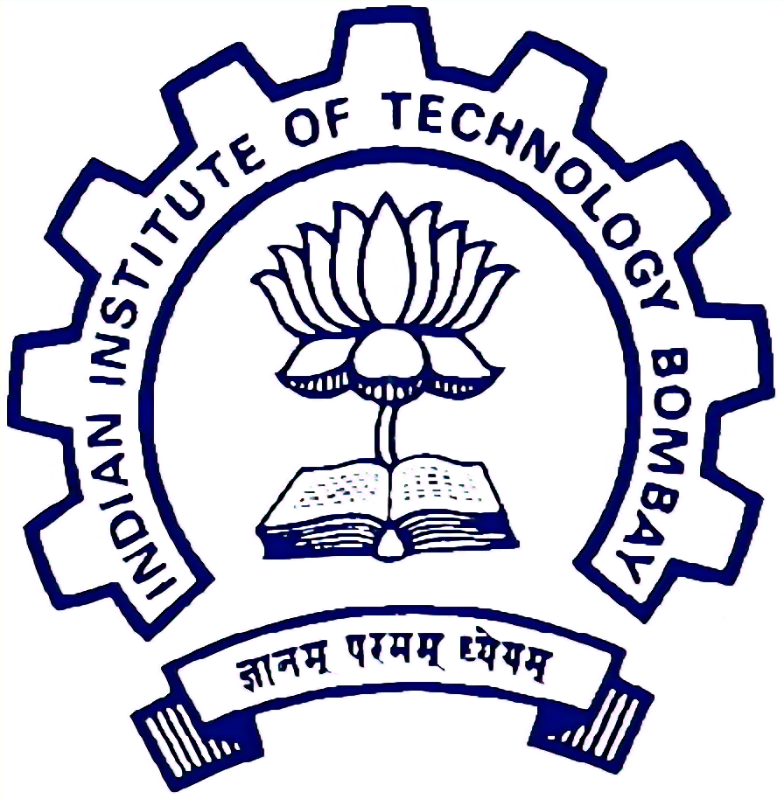
IIT Bombay
About Us
UPCAFSYS 2025
This symposium aims to revolutionize agriculture in India by integrating circular economy principles into agri–food systems to address critical challenges and improve farmers socio–economic conditions. Bringing together global experts, policymakers, researchers, and farmers for the first time in India, this pioneering event will serve as a platform to explore innovative, scalable solutions for building a resilient, resource–efficient agricultural sector. By fostering collaboration and knowledge exchange, the symposium seeks to shape a sustainable farming future, driving actionable insights and progress toward a thriving, equitable agricultural landscape.
Esteemed Guests and Speakers
- Leading experts from NITI Aayog, government ministries, startups, and key industry stakeholders, with expertise in policy framing for the agricultural sector.
- Farmers who will share their experiences and expertise on driving sustainable farming through circular practices.
Key Takeaways
- Engage with National and International Thought Leaders:Connect with experts leading the movement toward circular agri–food systems and sustainable farming.
- Collaborate Across Sectors:This event brings together a diverse array of stakeholders, fostering a unique space for interdisciplinary dialogue and partnership.
- Gain Actionable Knowledge:Learn practical insights to apply circular economy principles in real–world agricultural settings, strengthening India&s food system and supporting our farmers.
Key Highlights
- Keynote lectures- world eminent speakers.
- Networking opportunities.
- Best paper awards.
- Panel discussion.
- Session for agri-startups.
- Special discussion with farmers.
NATIONAL INSTITUTE OF TECHNOLOGY KARNATAKA
The National Institute of Technology Karnataka (NITK), Surathkal has established itself as one of the top technological institutes in India and is recognized as an institute of National importance. The Institute is considered as a premier center engaged in imparting quality technological education and providing support to research and development activities. The Institute has a long tradition of research for several decades in both traditional and modern areas of engineering and science. The NITK campus is a breeding ground for effective interaction among the faculties, research scholars, and students leading to germination of innovative ideas. The campus also fosters interaction with industry and other stakeholders.
SCHOOL OF HUMANITIES, SOCIAL SCIENCES AND MANAGEMENT
The School of Humanities, Social Sciences and Management (SHSSM) began its journey in 1989– 90. Being interdisciplinary in its orientation, the school has expertise in three disciplines: Management, Economics, and Professional Communication. Being thoroughly grounded in the Social Sciences, the school was poised to take off – a new venture into Management Studies. The school&s flagship post– graduate program, Master of Business Administration (MBA), was launched in the academic year 2007– 08.This program is designed to meet the increasing demand for quality manpower in the global business scenario and has been well received. With faculties having expertise in diverse research fields and a strong quantitative background, the school facilitates excellent placement opportunities for its PG and Ph.D. students.
Team
UPCAFSYS 2025 COUNCIL
PATRON
Prof. B. Ravi
Director, National Institute of Technology Karnataka
Prof. Subhash C Yaragal
Deputy Director, NITK Surathkal
ORGANIZING COMMITTEE
Prof. KB Kiran
Prof. Shashikantha Koudur
Prof. S Pavan Kumar
Prof. Pradyot Ranjan Jena
Dr. Sheena
Dr. Rajesh Acharya
Dr. Dhishna P
Dr. Gopalakrishna BV
Dr. Savita Bhat
Dr. Bijuna C. Mohan
Dr. Rashmi Uchil
Dr. Rahul Sivarajan
Dr. Abhilasha Gusain
ADVISORY COMMITEE
Prof. Manoj K Tiwari
Director, IIM Mumbai
Prof. Ganapati Panda
Ex Deputy Director, IIT Bhubaneswar
Prof. Anjan K Swain
IIT Mandi
Prof. Arindam Banerjee
IIM Ahmedabad
Prof. Ranjan Kini
University Northwest, USA
Prof. Arnab K Laha
IIM Ahmedabad
Prof. Sunil S
Sheffield Hallam University
Prof. Ashok K Pradhan
IIT Kharagpur
Prof. Tapan Kumar Gandhi
IIT Delhi
Prof. Ravi Mohapatra
Texas University, USA
Prof. JK Nayak
IIT Rookee
Prof. B Majhi
G. G University, Bilashpur
Prof. Naeem Hanoon
Multimedia University, Cyberjaya, Malaysia
Prof. Saman Halgamuge
University of Melbourne, Australia
Prof. Swagatam Das
Jadavpur University, India
Prof. Sumanth Yenduri
Kennesaw State University, USA
Prof. Sumit Kumar Jha
University of Central Florida, USA
ORGANIZING CHAIRS
Prof. Ritanjali Majhi
National Institute of Technology Karnataka Surathkal, India
Prof. Niraj Kumar
University of Essex, UK
Dr. Suprabha K R
National Institute of Technology Karnataka Surathkal, India
ORGANIZING CO CHAIR
Prof. Puja Padhi
IIT-Bombay
Keynote Speakers
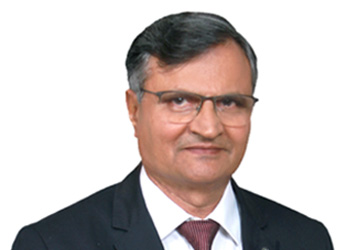
Prof. Ramesh Chand
🔻Member
NITI Aayog
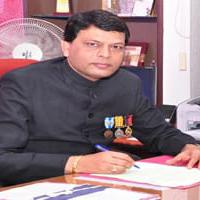
Dr. Sanjeeb Kumar Patjoshi
🔻IPS, Director General Human Rights Commission,
Ex Chairman & MD Food & Civil Supplies
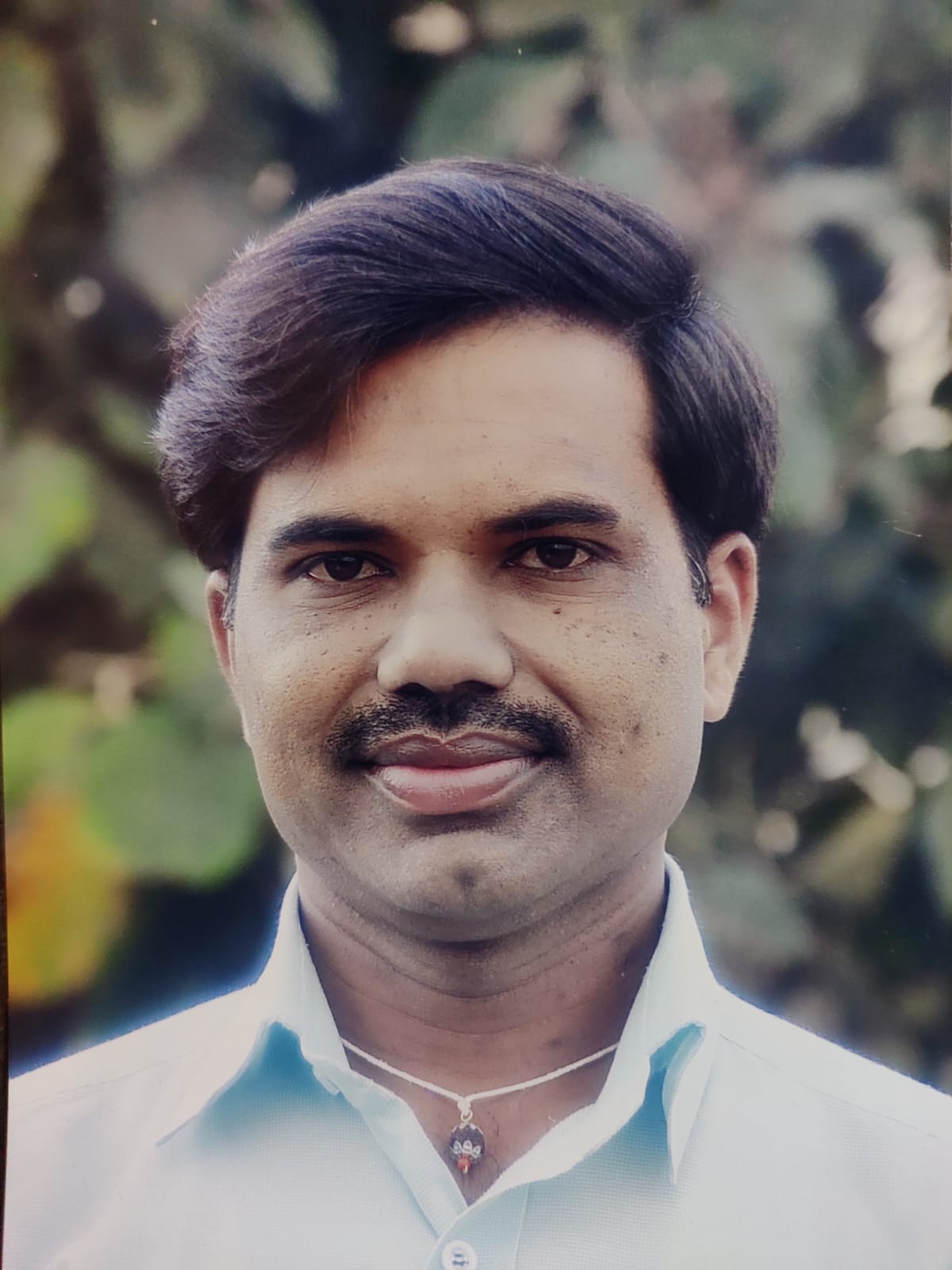
Mr. Channappa Angadi
🔻Assistant Director of Agriculture, Monitoring & Evaluation,
Karnataka State Department of Agriculture, Dharwad.
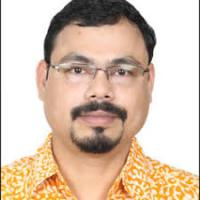
Dr. Pravakar Sahoo
🔻Progamme Director
NITI Ayog
Call for Papers
KEY THEMES
- 1. Innovative Circular Agri-Food Systems: Exploring sustainable models for waste in reduction farming
- 2. Economic Impacts of Circular Farming: Assessing how circular systems improve farmers' incomes, resilience, and economic stability.
- 3. Policy frameworks for circular Agriculture: Examining effective policies and economic incentives for scaling circular agri-food systems.
- 4. AI/ML in sustainable farming: Cutting edge solutions that support the transition to circular and sustainable agricultural practices
- 5. Climate resilience through circular agriculture: How circular farming practices enhance adaptability to climate change and environmental challenges.
- 6. Community- Based circular Agri-FoodSolutions: Collaborative approaches to sustainable farming and the role of local farmers in circular systems.
- 7. Case Studies in circular Agri-Food Implementation: Real-world examples of successful circular practices and their scalability.
- 8. Circular Economy and Food Security: Investigating the role of circular systems in enhancing food security and sustainability for farmers.
- 9. Building collaborative partnership in Agriculture: Facilitating multi-stakeholder engagement in circular agri-food system development.
- 10. Circularity in Agri-Food Supply Chains: Sustainable practices for reducing waste and improving efficiency throughout the agricultural value chain
Guidelines to Authors
Authors should follow APA 7th Edition for both citation and references. The extended abstract shall be between 1000-1200 words, in MS Word, and the text should follow Times New Roman with font size 12 and one-inch margins all rounds. The extended abstract should include- Title of the paper, Author(s) name(s) and affiliation(s), Introduction, Theoretical Background and/or Literature Review (in brief), Proposed Methodology (if any), Sample(ifany), Expected/Tentative Results,and References
The full paper should not be more than 6000 words including introduction, objectives, theoretical background and/or literature review, methodology, results and discussion, and conclusions. It is suggested that there should be a good mix of all the above sections within the word limit. Names of authors, their affiliations, addresses (postal and e-mail), and phone numbers should be given in the first page of the full paper. Authors should submit their extended abstract and/or full-papers and queries to upcafsys2025@gmail.com
Important Dates
31st Dec, 2024
Abstract submission
5th Jan, 2025
Abstract acceptance
12th Jan, 2025
Full Paper
15th Jan, 2025
Registration
Venue
Designed by Technomers
